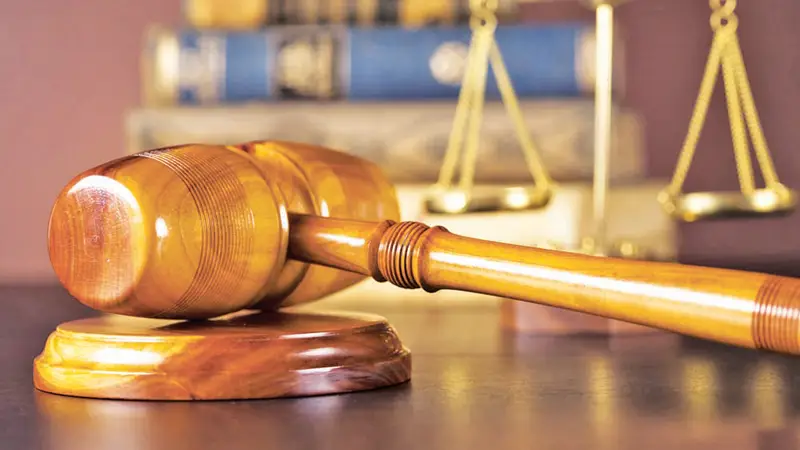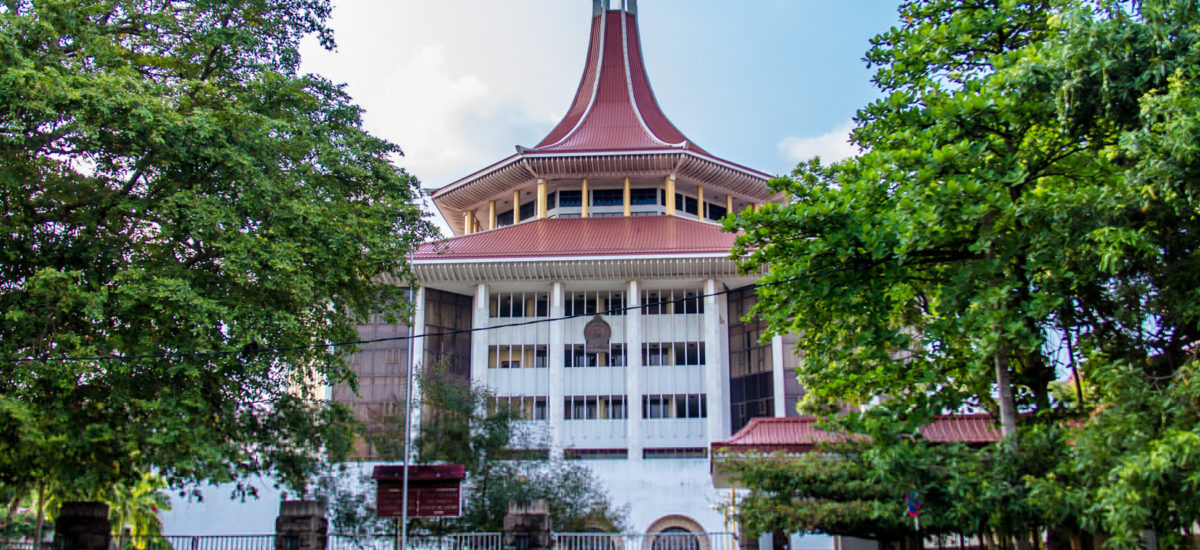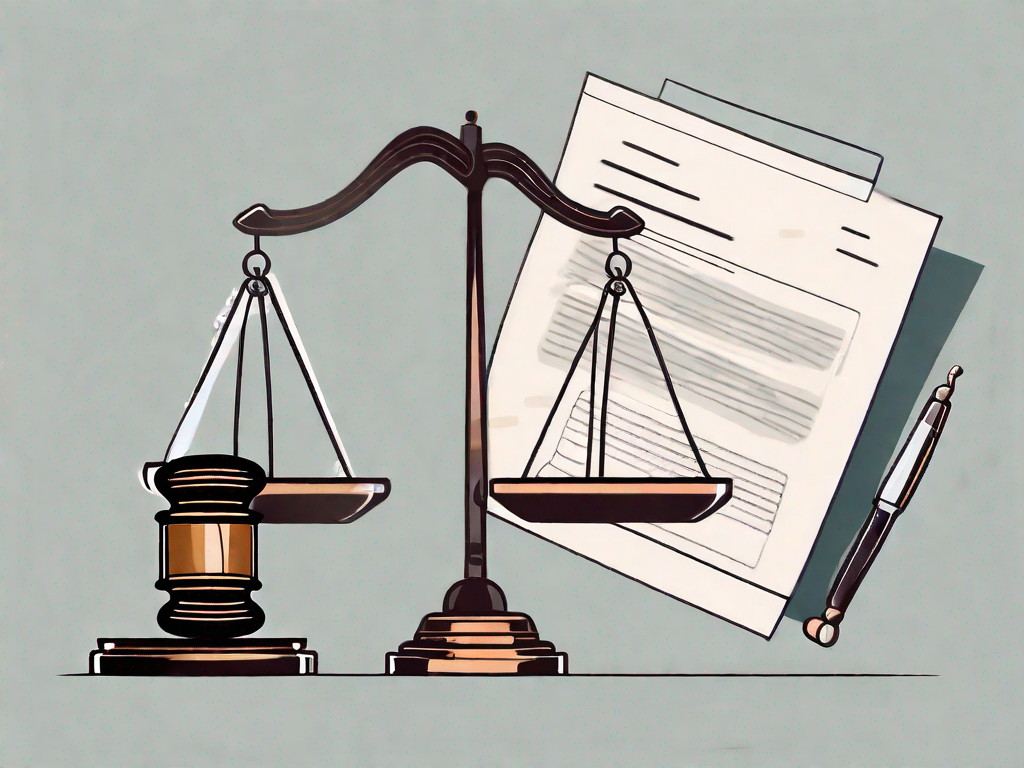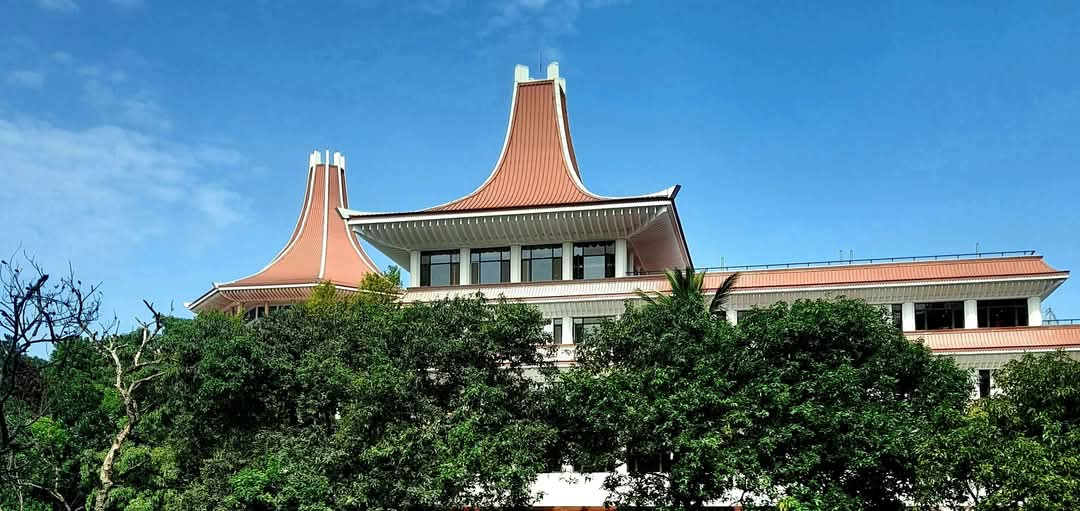Most Important Journey is Inward Journey
“Just Because Drugs Are Found on the Accused Doesn’t Mean They Can Be Convicted”- CA

The Court of Appeal recently held that the mere recovery of drugs from an individual is insufficient for conviction. Justice P. Kumararatnam stressed the importance of proving the inward journey of the drugs to ensure they remained in their original condition and were properly handled throughout the investigation.
The accused was indicted for trafficking and possession of heroin after a police raid on June 25, 2014, based on information from an informant. The police recovered a brown substance from the accused, which tested positive for heroin and weighed 25.110 grams. However, a discrepancy arose when the Government Analyst’s report showed the weight to be 24.74 grams, a difference of 1.36 grams. The prosecution was unable to provide an explanation for this discrepancy, casting doubt on the integrity of the evidence.
“According to PW1 the substance recovered from the Appellant weighed about 25.110 grams. The production was properly entered in the production register and dispatched to the Government Analyst Department. But the Government Analyst weighed the production at 24.74 grams which is 1.36 grams less than the original weight. Comparing with the net weight 5.58 grams of Heroin, the discrepancy is very much notable in this case. This cannot be simply disregarded without any plausible explanation. But the prosecution was unable to explain the discrepancy in the weight of the production that was evident in their evidence….
“…Therefore, proving the chain of custody is a very important task for the prosecution. If investigating officers do not do their duty properly, the chain of custody can be successfully challenged at the trial. This is because the prosecution always relies on evidence gathered by police officers in cases of this nature. Just because the law enforcement found drugs on an accused, it does not mean that he can be convicted….” – Justice P. Kumararatnam
The Court also considered the relevance of the accused’s dock statement, which contradicted the prosecution’s version of events. The accused claimed to have been arrested at their residence, not at the location specified by the prosecution. The Court referenced previous rulings, noting that even an unsworn dock statement can create reasonable doubt and must be considered in the context of the entire evidence. Given the doubts surrounding the chain of custody and the inconsistencies in the prosecution’s case, the Court of Appeal acquitted the accused, setting aside both the conviction and sentence imposed by the High Court.
“…In Kathubdeen v. Republic of Sri Lanka [1998] 3 SLR 107 the court held that: “It is settled law that an unsworn statement must be treated as evidence. It has also been laid down that if the unsworn statement creates a reasonable doubt in the prosecution case or if it is believed, then the accused should be given the benefit of that doubt.” The position of the Appellant in the present case was that she was not arrested on the road but was arrested at her residence. In this case PW1 had admitted that he had gone to Stacepura without knowing the location of the Appellant’s movement. Further PW1 had admitted that he only knew the address of Nilanthi’s house. Hence, the stance taken by the Appellant in her dock statement creates very serious doubt over the prosecution case….” – Justice P. Kumararatnam
“…The prosecution has the paramount duty to prove that it is the same production recovered at the time of detection which has reached the Government Analyst. The main reason is to establish that the evidence, which is related to the alleged crime, was collected from the accused and was in its original condition rather than having been tempered with or planted deceitfully to make someone else guilty. Handling of production evidence is a lengthy process but the court necessitates it for the proper adjudication of causes related to drugs cases. This proves the integrity of the production which had been recovered from the accused has been preserved until it reaches the Government Analyst Department….”
-Justice P. Kumararatnam
Most Important Journey is Inward Journey
“…In Perera V. Attorney General [1998] 1 Sri.L.R 378 it was held: “the most important journey is the inward journey because the final analyst report will depend on that”.
In Witharana Doli Nona v. The Republic of Sri Lanka CA/19/99 His Lordship Justice Abrew remarked thus; “It is a recognized principle that in drug related cases the prosecution must prove the chain relating to the inward journey. The purpose of this principle is to establish that the productions have not been tampered with. Prosecution must prove that the productions taken from the accused Appellant was examined by the Government Analyst…”







